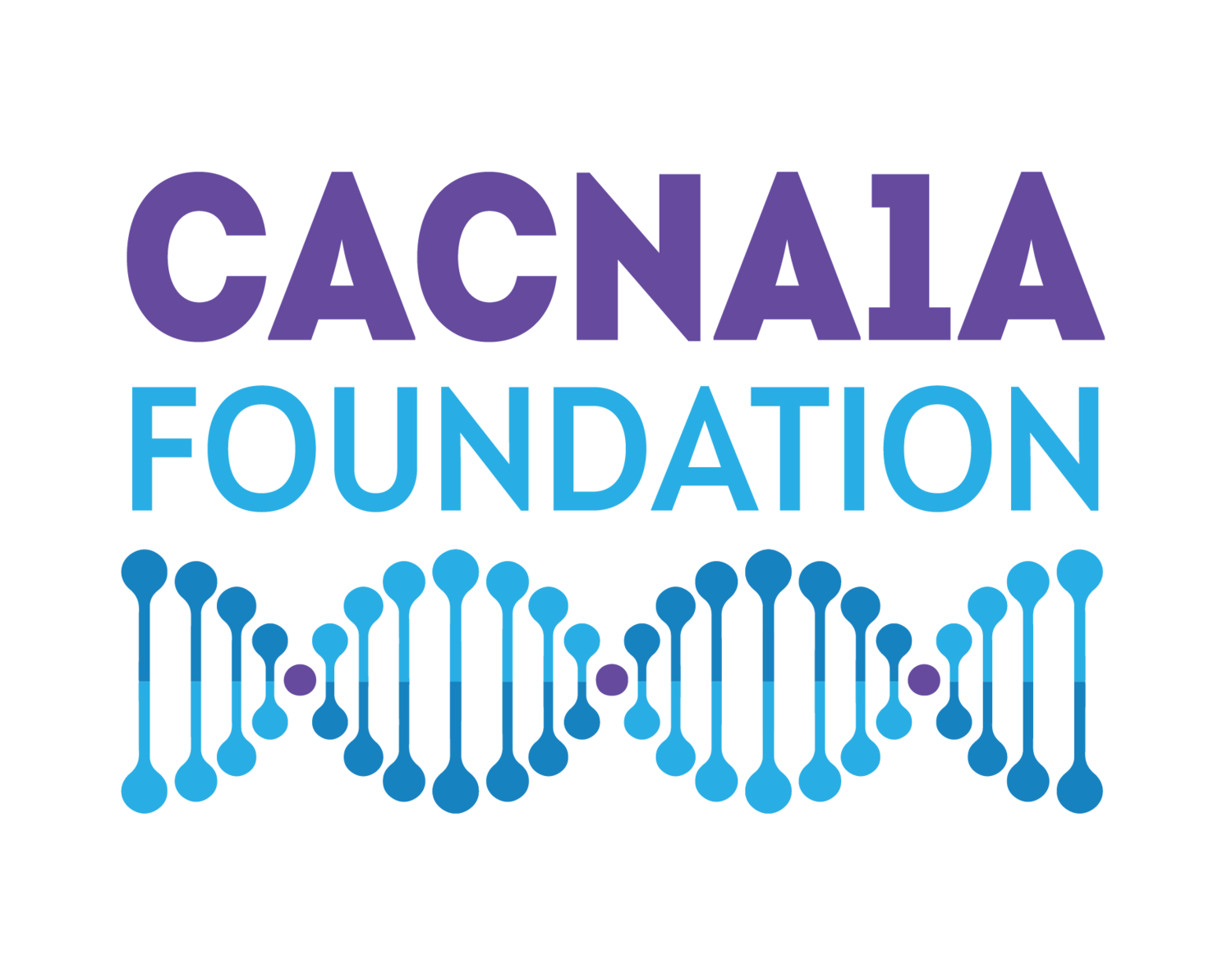Global Ambassadors
Global Ambassadors are parents and caregivers of CACNA1A patients who have volunteered to support the CACNA1A community in their respective geographical regions. Our Ambassadors support CACNA1A patients/parents/caregivers by helping to connect them with other local families and resources and informing them of ways to engage with the Foundation's programs and research opportunities. In addition, they promote awareness and advocacy of CACNA1A-related disorders and interact with local researchers and medical professionals on behalf of the Foundation.
Contact us if you’d like to be connected to an ambassador OR are interested in becoming a CACNA1A Ambassador in your corner of the world.









